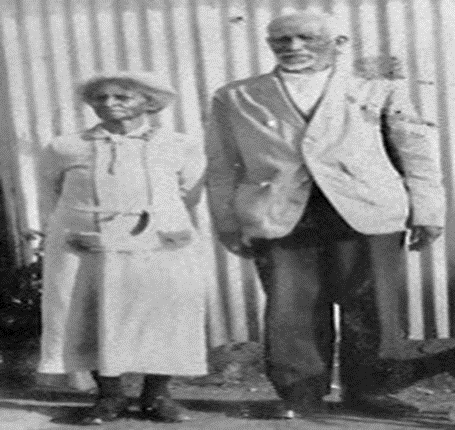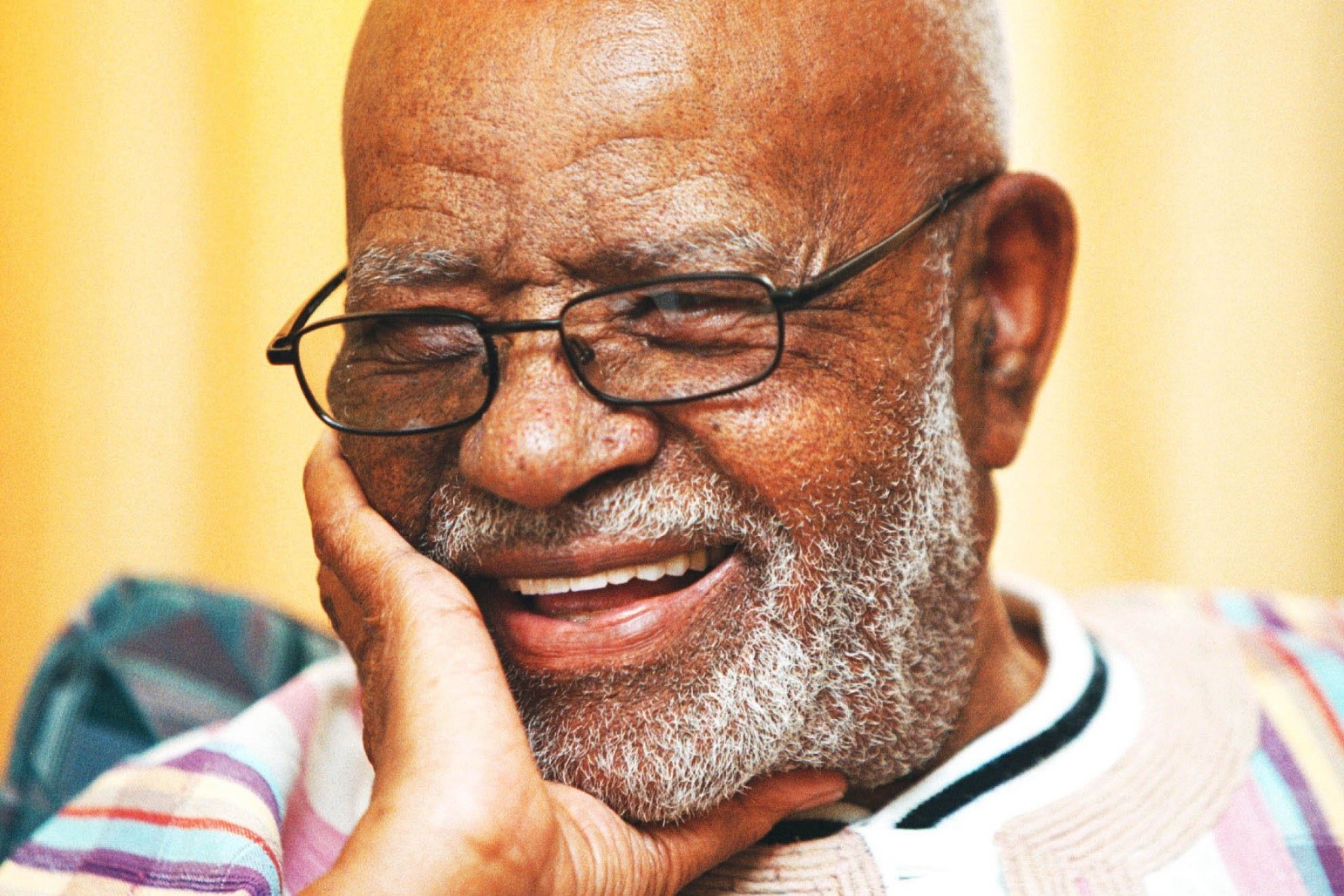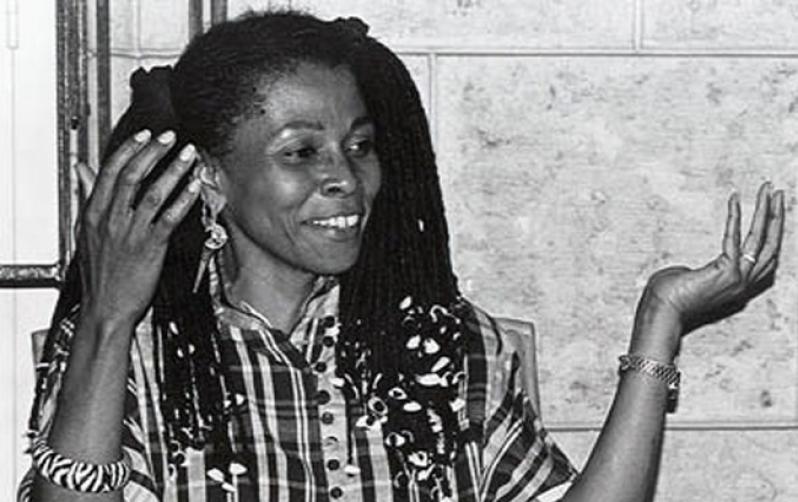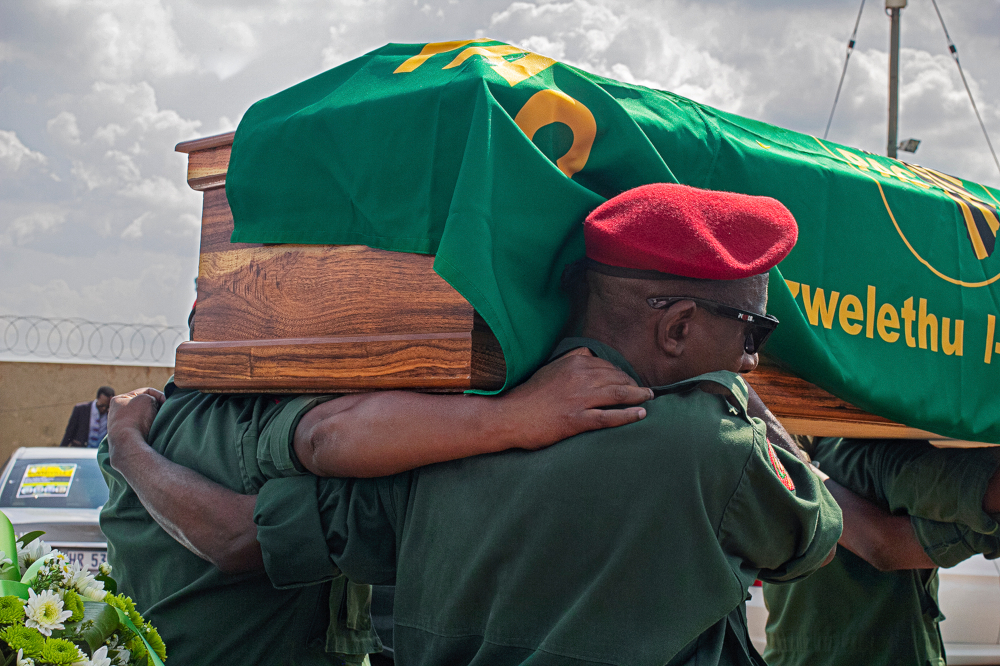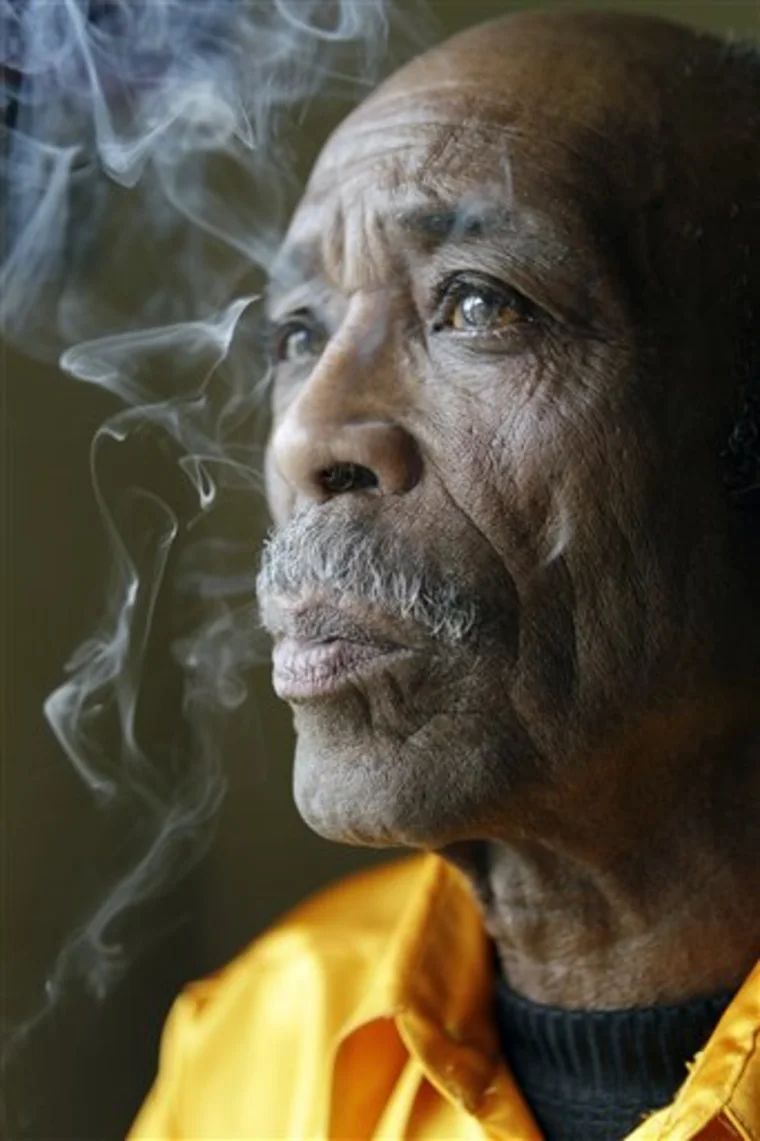The 8th of March 2022, marked the umpteenth International Women’s Day (IWD) globally. IWD is meant to uplift women globally, by acknowledging and celebrating their achievements. The United Nations (UN) dubbed this year’s IWD’s theme as ‘Gender Equality Today for a Sustainable Tomorrow’. The aim this year is to focus “on women and girls worldwide, who participate in promoting climate change, adaptation and mitigation as a response to build a more sustainable future for all”. As regards the history of IWD the UN briefly narrates on its website, that the first milestone related with woman’s rights activism in United States of America (USA) was in 1848, when ‘white’ “indignant woman were barred from speaking at an anti-slavery convention. Elizabeth Cady Stanton (1815-1902) and Lucretia Mott (1793-1880) congregated a few hundred people at their nation’s first women’s rights convention in New York. They demanded civil, social, political, and religious rights for women”. Among their credits the latter two women, are considered as pioneering Abolitionists. So historically these two American women form part of the cohort recognized as founders, of the Women’s Suffrage Movement in USA. It is unacceptable how the aforesaid UN’s narrative, omits black women activists such as Sojourner Truth (1797-1883), Harriet Tubman (1822-1913) and Ida B Wells (1862-1931) amid others.
The aforesaid organised activism by all the pioneering women already listed is however missing, in the bulk of historical narratives concerning the origins of organised activism by women, justifying the necessity of an IWD. The genesis of IWD is problematically narrated as dating back to 1908, when the leftist Socialist Party (SDP) of America designated this day, to honour the garment worker’s strike which took place in New York City, wherein women garment workers marched, for shorter working hours, better pay and the right to vote. Such rights were biasly, only for ‘white’ males. The consequence of the latter activism, seemingly inspired the initial Woman’s Day commemoration in 1909, across USA. The following year in 1910, the first international conference of working women, was hosted in Copenhagen, Denmark. That occasion is believed to have marked the first time, the idea to permanently host an annual IWD, which was pitched by Clara Zetkin (1857-1933) who was a leader, of the Social Democratic Party (SPD) in Germany.
Endorsement of Zetkin’s motion led for the first time, on the 19th of March 1911 to IWD being commemorated in Austria, Denmark, Germany and Switzerland. Subsequently on the 23rd of February 1913 and 1914, courtesy of leftist inclined (Communist and Socialist) women’s labour movements in Russia, IWD was observed in Russia. It is the overwhelming pressure of the leftist and socialist inclined feminist labour movements in Russia, owing to their radical protests against gender inequality which also contributed to the Russian Revolution of 1917. Amongst the aftermath of the latter protests, was the adoption of the 8th of March as the globally accepted day, to commemorate IWD. Interestingly although the UN declared 1975 as the ‘International Women’s Year’, it however only officially listed 8th March, in their calendar in 1977. In the UN website’s subtitle of ‘History of Women’s Day’, it narrates that IWD “is celebrated in many countries around the world. It is a day when women are recognized for their achievements without regard to divisions, whether national, ethnic, linguistic, cultural, economic or political”.
Sadly in our home front, South Africa is among the countries where IWD is hardly observed. It is certainly not a public holiday, as in other countries. This week’s deafening silence of IWD, bears reference. This is in contrast to the hype given, to the National Women’s Day public holiday in South Africa, fervently observed annually since the 9th of August 1995. Notably the latter correctly commemorates the Women’s protest march, which took place on the 9th March 1956 to the Union Buildings in Pretoria, against discriminatory laws by the Apartheid regime, since 1948. Among the snags however of deciding to commemorate the brave class of women activists of all races in South Africa in 1956, was the unintended relegation of their predecessors, to obscurity in the annals of history. More efforts are needed to counter this ongoing risk of erasure. A case in point of one of the neglected pioneering ‘black’ South African woman activists, was Alice Victoria Kinloch (AVK) 1863-1946. She was a Cape Town born ‘black’ South African human rights activist, who challenged the conditions of black miners, who were abused as cheap labour, on instructions of arch British imperialists such as Barney Barnato (1851-1897) and Cecil John Rhodes (1853-1902) amongst others. AVK’s concern on what she observed in the single sex mining compound system in Kimberley, prevalent since 1869, when diamonds and Gold were discovered, spurred her activism to expose such abuse by writing articles to expose the denigration of black miners, in her native Kimberley. Her activism led her to depart to the United Kingdom (UK) in 1895 where she campaigned tirelessly by writing and giving public lectures, against racial oppression. Her latter public addresses, translated into an opportunity for her to become a co-founder and serve as the first and solitary female executive member, of The African Association (AA) in September 1897. Her pioneering leadership in the latter organization, advances the argument that she must be fittingly recognized, as the founding mother of Pan-Africanism. In as far as our locale in South Africa is concerned, as it stands the status quo of South Africa’s mainstream curriculum, pertaining to the subject of history, from the basic education level (namely from Grade 10 to 12) until undergraduate tertiary level, continuously renders pioneering leading figures such like AVK as perpetually invisible. It is for this reason that occasions such as IWD must be utilized, to encourage South Africans, to acknowledge and extend our celebrations to the multitudes of forgotten pioneering woman activists.
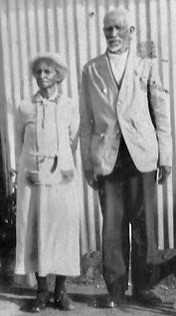
Wife and Husband: Mrs. Alice Victoria Kinloch & Mr. Edmund Kinloch.
Source: Family album of Ms. Jacqueline Kinloch

